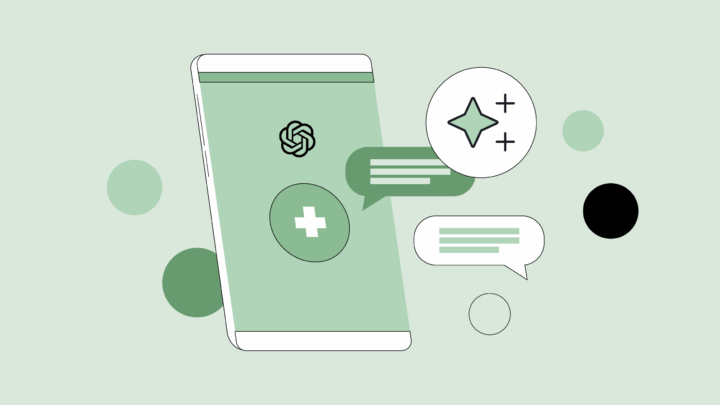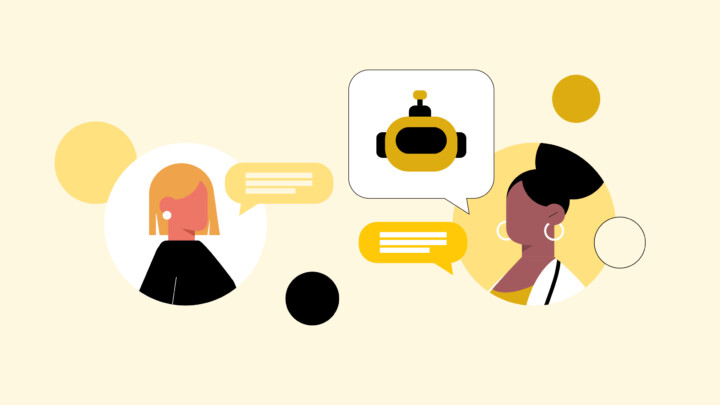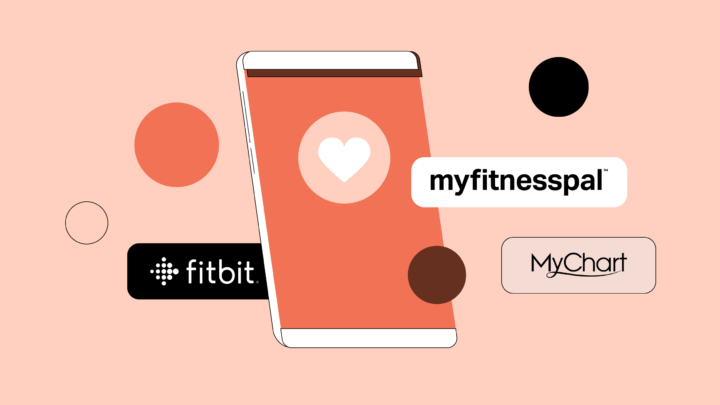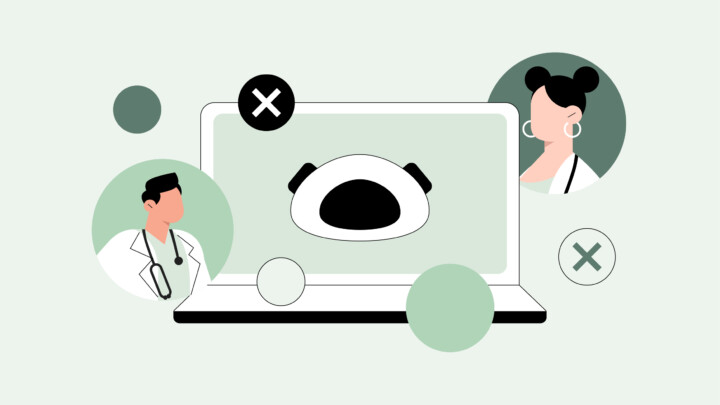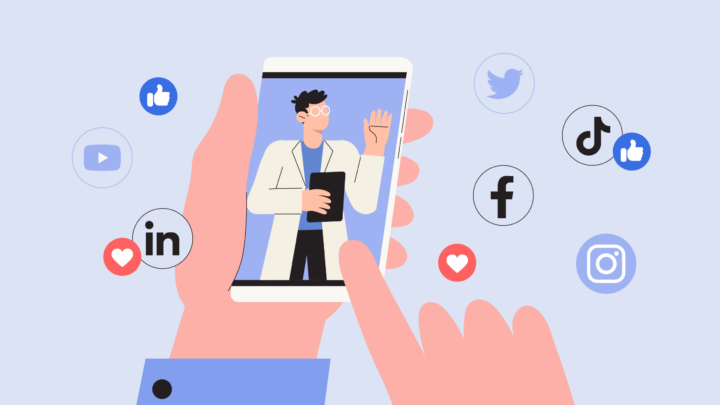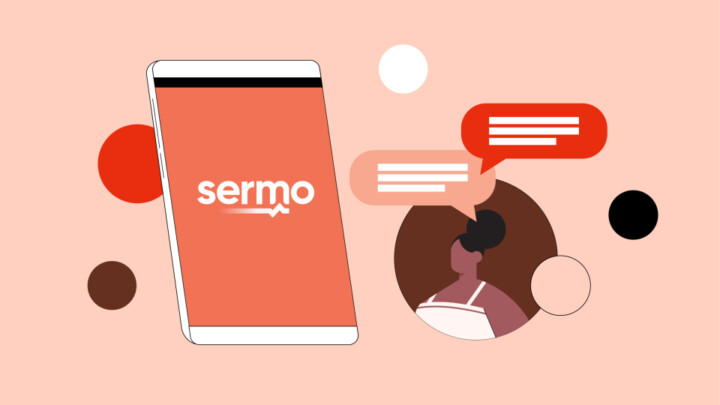Recent Sermo poll results suggest physicians are increasingly navigating the effects of AI in patient interactions. With Apple’s ‘AI Doctor’ rumored to debut on iPhones soon, the medical community asks: are patients bypassing their doctors?
Nearly half of over 1000 physicians surveyed on Sermo (48%) said their patients either frequently or occasionally use AI tools like ChatGPT or symptom-checking apps before consultations, and 95% stated they have at least one concern about reliance on AI tools. While some see benefits, most are cautious. 47% say their biggest concern is the risk of misdiagnosis or delayed care, followed by worries about a lack of clinical nuance (24%) and erosion of trust in physician expertise (17%).
“The physical examination and medical history will never be replaced.” – Internal Medicine physician on Sermo
“AI can be useful, but it must be guided by a doctor.” – General Practice physician on Sermo
59% of physicians surveyed believe younger, tech-savvy patients are the most likely to turn to AI tools, with others pointing to underserved patients or those distrusting traditional systems. When it comes to AI apps as a supplement to care, 42% describe themselves as cautiously optimistic, but nearly 30% are either somewhat or strongly concerned.
“It’s a double-edged sword. It can be helpful, but it often leads to more testing and less trust.” – General Practitioner on Sermo
“We need to be ready to explain AI’s limits clearly and calmly.” – Family Medicine physician on Sermo
So what role should physicians play? A third (34%) say they should proactively guide patients toward trustworthy tools, but a sizable group believes it’s best to engage only when patients bring it up (28%).
The consensus? AI tools are here to stay, but they must support, not replace, human clinical judgment.
The takeaway
The rise of AI tools like ChatGPT and the potential launch of Apple’s “AI Doctor” feature have sparked debate among physicians. While some see educational potential, most are wary of misinformation, misdiagnosis, and strained patient trust. For now, the message from Sermo members is clear: AI can assist, but it cannot replace the value of a trained, in-person medical professional.
Advance your career beyond the clinic
See how physicians on Sermo grow their business acumen, expand their reach, and build powerful professional networks.
